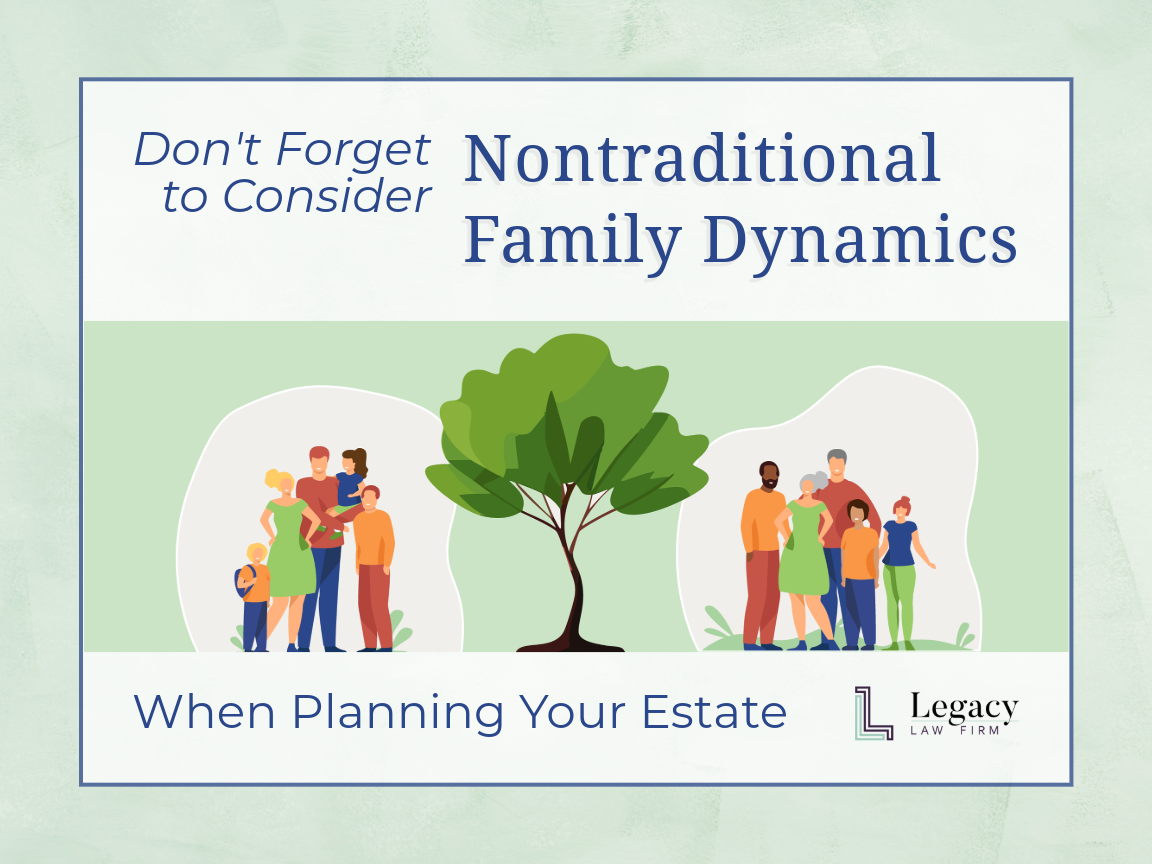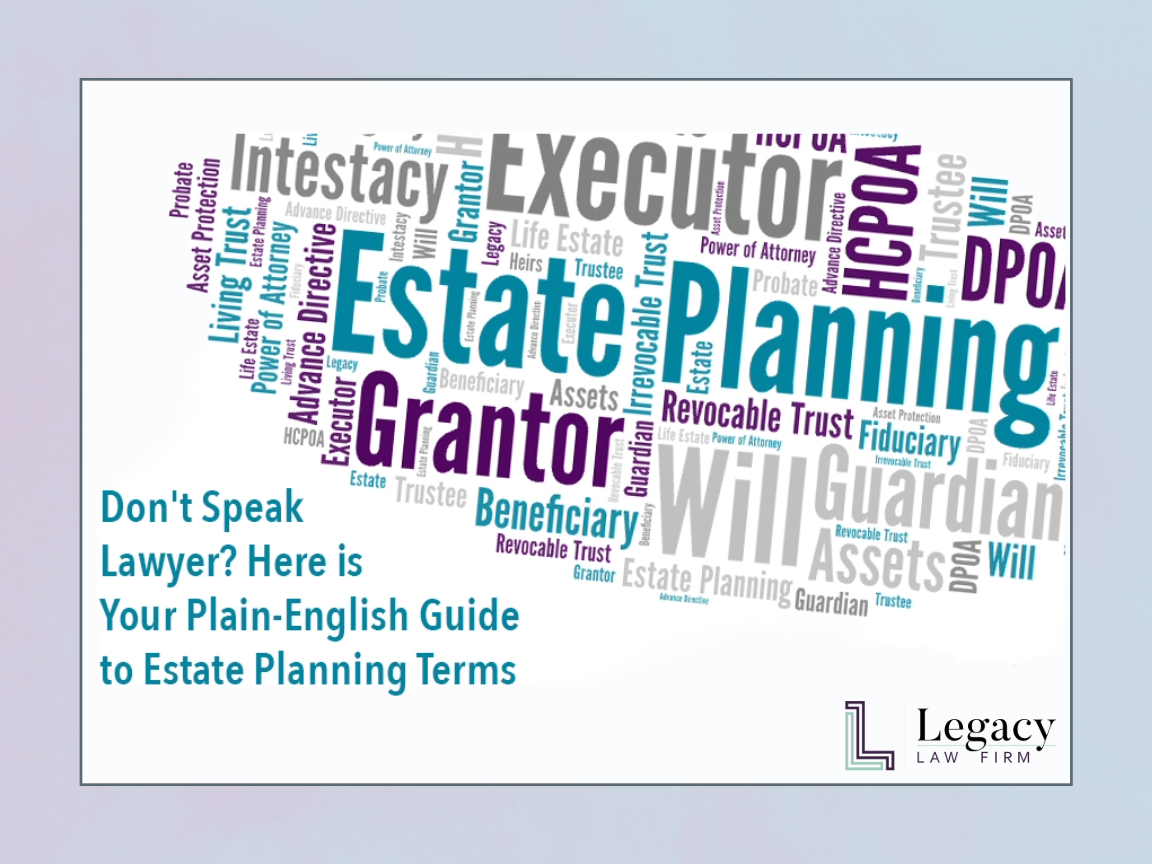8 Key Questions to Answer When Choosing a Health Care Power of Attorney
Selecting a health care power of attorney (HCPOA) is a pivotal part of your estate planning. This individual will have the authority to make medical decisions on your behalf if you're incapacitated. It’s a decision that not only requires trust but also an understanding of your wishes and values.
Important Questions to Consider
Below, we explore eight essential questions to consider in choosing the right person for this significant responsibility.
Question 1: Identify Potential Decision-Makers
Can you think of any family or friends who may be able to make medical decisions for you if you become too sick to make your own decisions?
Begin by listing those in your close circle who are familiar with your medical preferences and personal beliefs. This list is your starting point for determining who should make your medical decisions.
Question 2: Eliminate Unwanted Options
Of those people, is there anyone you would NOT want to help make medical decisions for you?
Identifying individuals you prefer not to involve is just as important as choosing who you want. This helps in avoiding any future complications or conflict.
Question 3: Narrow Down Your Choices
Of the remaining people, who would you WANT to be able to make medical decisions for you if you become too sick to make your own decisions?
Consider who among your remaining choices would best represent your interests in tough situations. This person should be comfortable following your wishes even if those wishes may not be what they’d choose for themselves.
Question 4: Select a Primary Decision-Maker
Think of who you’d want to be your first-choice decision maker.
Generally, we recommend designating only one person individual to avoid confusion and prevent delays in decision making. If you prefer a team approach, ensure they have a history of good communication to prevent conflict during critical times.
Question 5: Choose an Alternate
Decide who you’d want to be the alternate decisionmaker in the event your first choice is unable or unwilling to serve as your decisionmaker.
Having a backup is essential, as circumstances might change, making your primary choice unavailable or incapable of making decisions.
Question 6: Define the Scope of Authority
When do you want your medical decision maker to make medical decisions for you?
Determine if their authority should begin only if you are incapacitated, or if they should have decision-making power even while you are well.
Question 7: Set Boundaries
Are there decisions you do not want your medical decision maker to be able to make?
Set out any limitations you want to place on the scope of decisions made by your HCPOA to ensure they adhere to your preferences.
Question 8: Flexibility in Decision-Making
How much flexibility do you want to give your medical decision maker?
Decide how strictly you want your wishes followed, especially in situations where medical professionals might recommend a deviation from your plan.
a. Total flexibility: It is OK for your decision maker to change any of your prior medical decisions.
b. Some flexibility: It is OK for your decision maker to change some of your medical decisions. But, some wishes you NEVER want changed even if the doctors recommend it.
c. No flexibility: Your decision maker must follow all of your medical wishes exactly. It is NOT OK to change your decisions, even if the doctors recommend it.
Conclusion
Choosing your health care power of attorney is more than a legal formality; it's about ensuring that your health care wishes are honored even when you cannot voice them yourself.
For more insights and guidance, contact Legacy Law Firm to set up a consultation with a knowledgeable estate planning attorney. We will collaborate with you to ensure your estate plan fits your needs and provide you with peace of mind that your health care decisions are in good hands.














